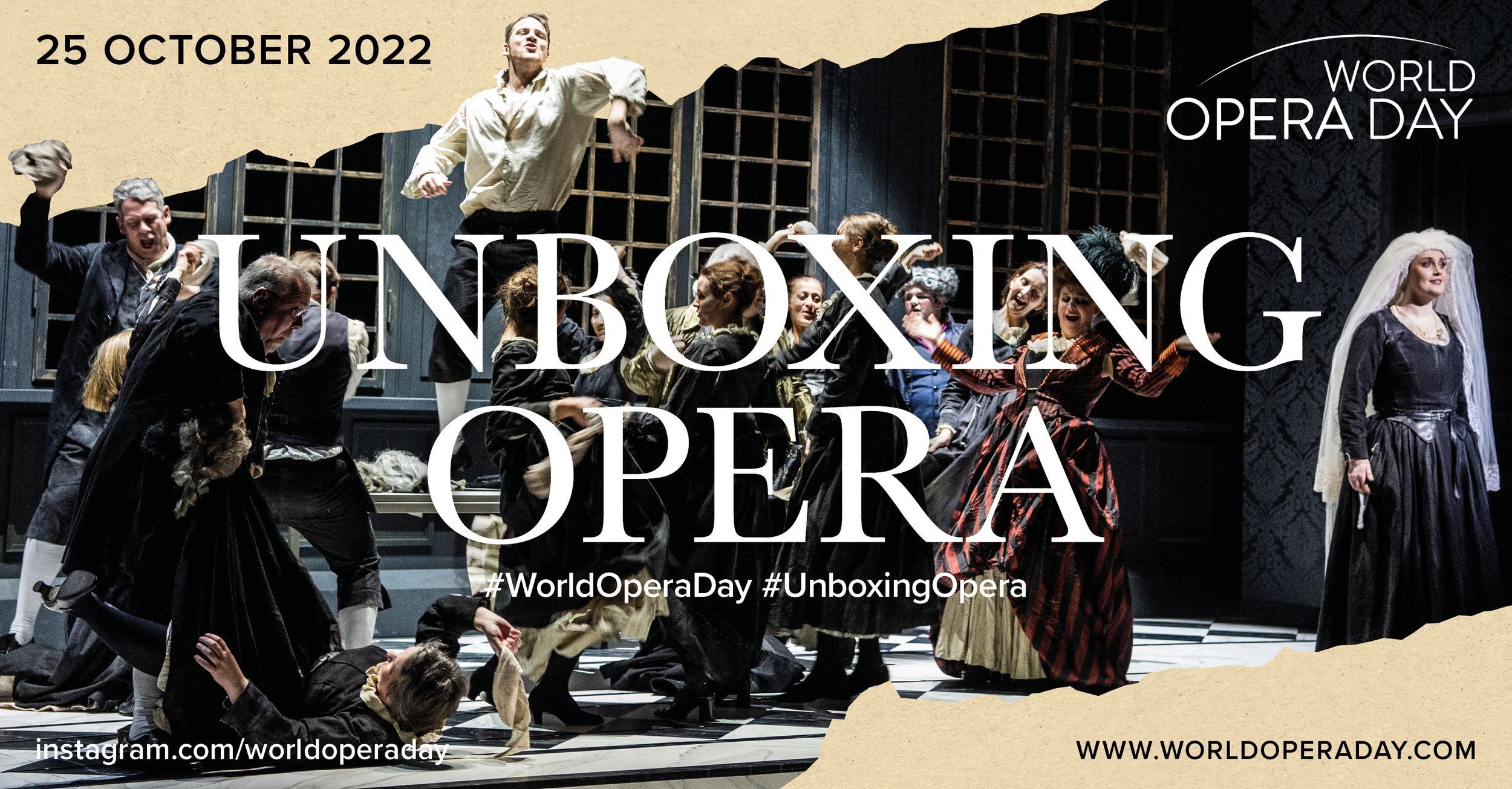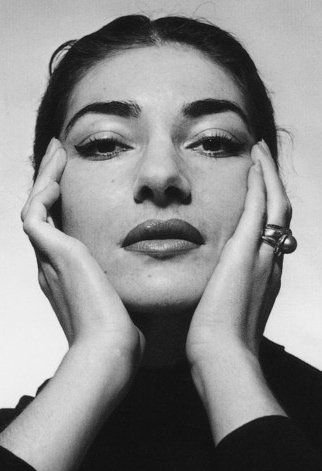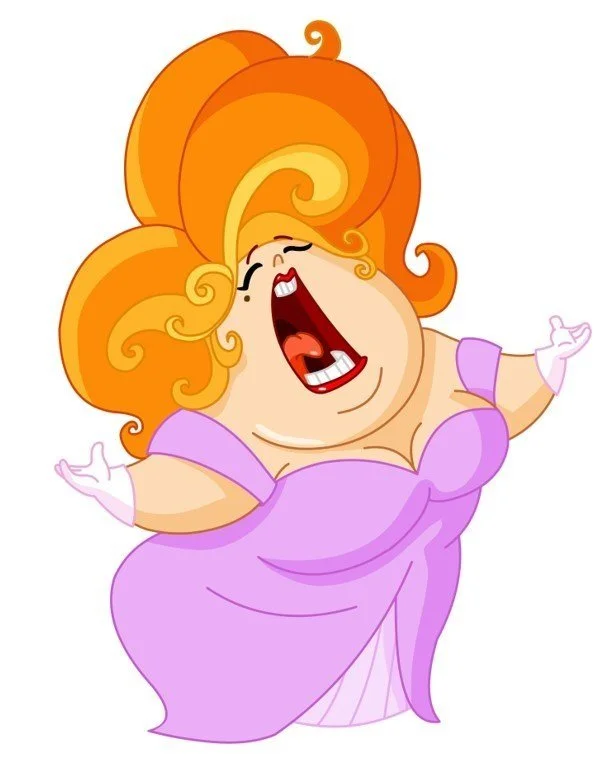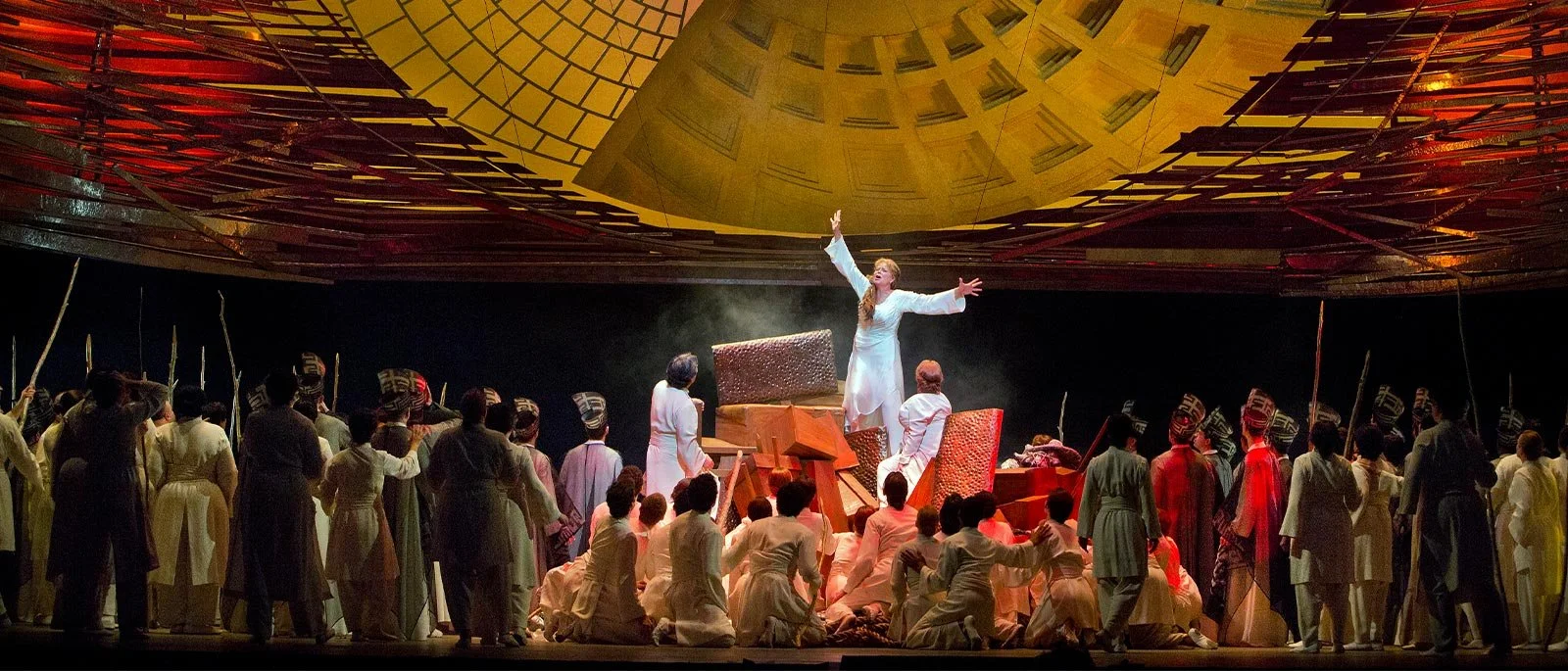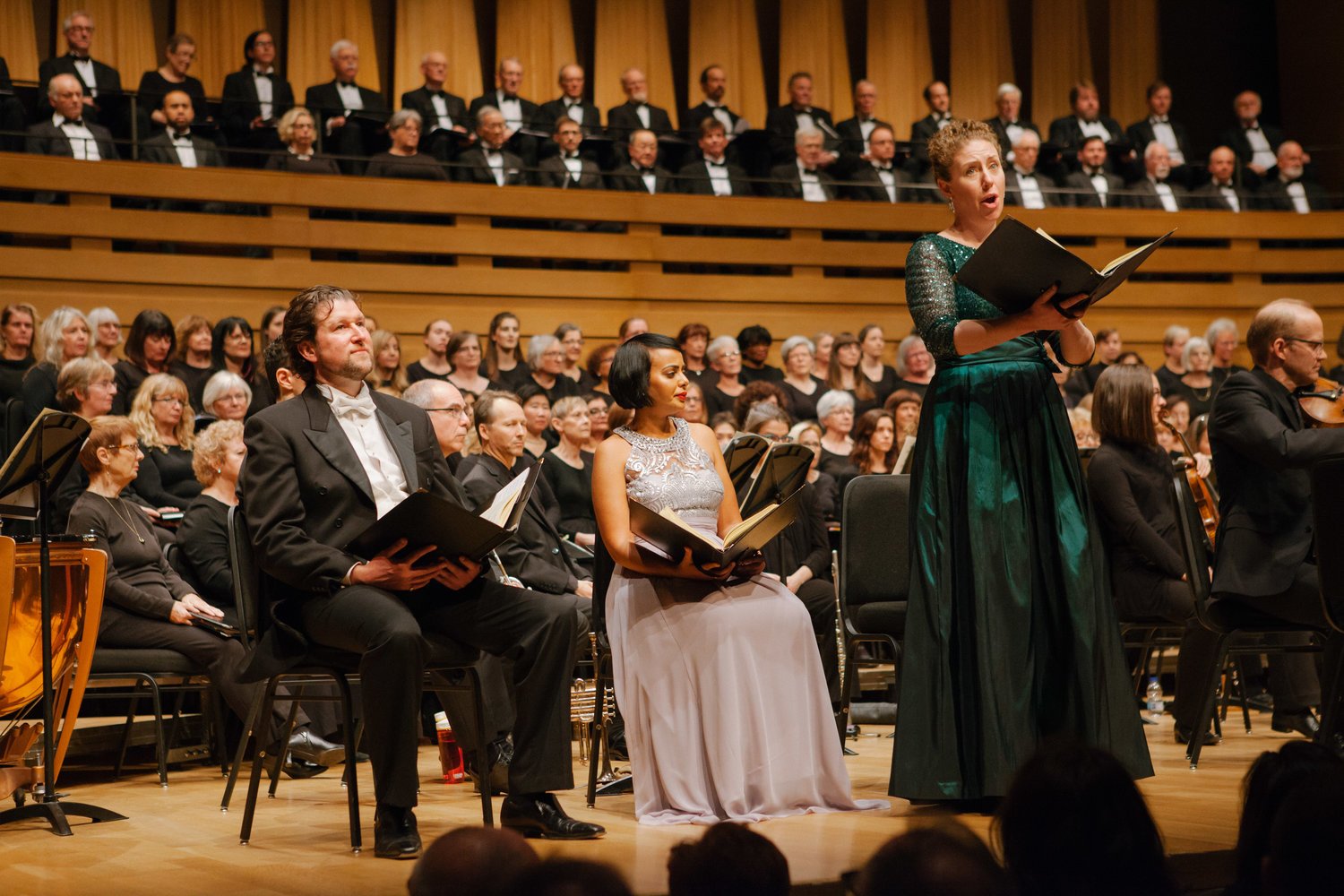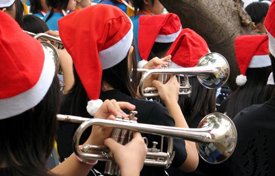Today is World Opera Day and an Opportunity to Unbox Opera
World Opera Day is celebrated on October 25th, the birthday of Georges Bizet and Johann Strauss II, composers of possibly the world’s most famous opera and operetta. It is a day when opera companies, along with artists, opera lovers and opera professionals show and celebrate the value of the art form.
‘Unboxing Opera’ refers to millions of online videos, where users ‘unbox’ opera in front of the camera – filming themselves in the process of discovering this exciting world of drama, music and theatrical magic, reveling in something astoundingly new.
Check this one out…
as the uninitiated give a listen to Maria Callas, one of the most renowned operatic singers of the 20th century, on a bustling street in Parma, Italy.
Beyond the reference to YouTube videos, opera boxes still found in traditional opera houses often recall the elitist image of the genre, and ‘unboxing opera’ evokes the idea of bringing it out of a rigid place and suggests breaking the limits of the art form.
Here’s what the Metropolitan Opera did in New York last year for World Opera 2021, after the long-awaited release of their stunning new opera ‘Fire Shut Up In My Bones’ by Terence Blanchard…
How about a brief history of opera?
You’ve heard opera in films, television shows, commercials and throughout pop culture…
There’s a reason it’s everywhere. It’s infectious, it’s fulfilling and it brings with it a power no other art form can deliver. In the meantime, here’s a brief history on the subject…
In Florence, a small group of artists, statesmen, writers and musicians known as the Florentine Camerata decided to recreate the storytelling of Greek drama through music. Enter Jacopo Peri (1561–1633), who composed Dafne (1597), which many consider to be the first opera. From that beginning, two types of opera began to emerge: opera seria, or stately, formal and dignified pieces to befit the royalty that attended and sponsored them, and opera buffa, or comedies.
By the Baroque era (1600–1750), opera had taken Europe by storm and was a spectacular, expensive affair full of florid arias and ornate stage sets with moving parts. One of the greatest composers of Italian Baroque opera was a German who lived most of his life in London – George Frideric Handel (1685–1759). This period also saw the rise of castrati – male singers who were castrated as boys to preserve their soprano voices. The few who survived and made it to the top were the singing stars of the 17th and 18th century. Today those roles are sung by countertenors, or by women.
Opera content began to change in the Classical period (1750–1830). This was brought about by the social movement known as the Enlightenment, with less elaborate musical forms and more realistic plots (read: fewer gods, more humans) and a reaction against excessive vocal display.
The ultimate Classical opera composer was Wolfgang Amadeus Mozart (1756–91). Take his The Marriage of Figaro (Le Nozze di Figaro), a farce where servants ultimately outwit their aristocratic masters, based on a play by French writer Beaumarchais. It’s fast, irreverent and funny, but also full of stunning music. Mozart was also a master of high drama, as seen in his masterpiece Don Giovanni.
Opera continued to flourish, and got bigger, louder and longer during the Romantic period (1830–1900). Grand opera was suddenly all the rage. One important style during this time was the Italian bel canto movement (literally meaning “beautiful singing”), which was all about vocal brilliance and ornamentation bolstered by a simpler harmonic structure.
Gioachino Rossini (1792–1868) had a particular talent for ebullient comedy and unforgettable melodies – like his The Barber of Seville (Il Barbiere di Siviglia). However, many bel canto composers enjoyed a good tragedy – often making their heroines go mad via a thwarted love affair. It was a good excuse to indulge in lengthy and elaborate vocal display. The most famous ‘mad scene’ occurs in Gaetano Donizetti’s (1797–1848) Lucia di Lammermoor, where the heroine, coerced into marriage, murders her husband on their wedding night and then spectacularly loses her mind.
The best-known opera of the 19th century – and possibly the most popular of all time – is French composer Georges Bizet’s (1838–75) Carmen. It’s for good reason – the story of a Gypsy woman who values her free-spirited life above all, and the soldier who becomes obsessed with her, is packed with catchy melodies.
The late 19th century was dominated by two giants of opera: Italian Giuseppe Verdi and German Richard Wagner, both born in 1813. Verdi, whose operas include Rigoletto, Il Trovatore and Aida wrote in a tuneful and dramatic style. Verdi understood the human voice and the internal processes behind the characters he created. Perhaps his most popular opera is La Traviata, which tells the story of Violetta, a beautiful courtesan who is fatally ill with tuberculosis.
Meanwhile, in Germany, Wagner singlehandedly changed the course of opera with his huge ambition and talent by introducing new ideas in harmony, the use of leitmotifs and expanded use of the orchestra and operatic structure. Probably his best-known music is his 15-hour, four-opera Ring cycle: Das Rheingold, Die Walküre, Siegfried and Götterdämmerung. Wagner was a significant influence on the music world, particularly for composers Gustav Mahler, Anton Bruckner, Jules Massenet and Richard Strauss – whose operas Salome and Der Rosenkavalier, characterized by their virtuosity in orchestral writing and tone color, are steeped in Wagner’s late-Romantic style.
The early 20th century was dominated by another Italian with a fluent gift for melody, Giacomo Puccini (1858–1924). He wrote hugely popular works in the Italian grand opera tradition (usually featuring the tragic death of the heroine) with a new emphasis on realism – known as verismo – including La Bohème, Tosca, Madama Butterfly and Turandot.
20th century politics clashed with art in the 1934 opera by Dmitri Shostakovich, Lady Macbeth of the Mtsensk; so disturbingly, brilliantly dramatic it was condemned by the Soviet government. In the U.K., Benjamin Britten proved himself one of the masters of opera with his 1945 debut Peter Grimes. Set on the Suffolk coast, it’s the story of a difficult, outcast fisherman, his mistrustful neighbors and the sea that dominates their lives. Politics and opera come full circle with one of the most successful and engaging works of the late 20th century: John Adams’s Nixon in China (1987), based on Richard Nixon’s historic visit to China to meet Chairman Mao in 1972.
It seems that as long as there is a story to tell and ideas to be aired, opera will flourish. It is, after all, simply a heightened, multi-sensory means of making sense of the painful, glorious, complicated truths about the human condition.
TCS knows
about the transformative power of music, and little bit about opera...
TCS actually sang parts of Wagner's Die Meistersinger Von Nürnberg (specifically 'Silentium' and 'Wach Auf') on April 6, 2019 with the Scarborough Philharmonic Orchestra as part of a German Romantics concert. So, on this magnanimous day, why not play Wagner’s famous Ride of the Valkyries to celebrate World Opera Day…
And join us
for Christmas with Brass, another celebratory concert, this December 4th, 2022 at Eastminster United Church. Tickets via Eventbrite (Click Here)
